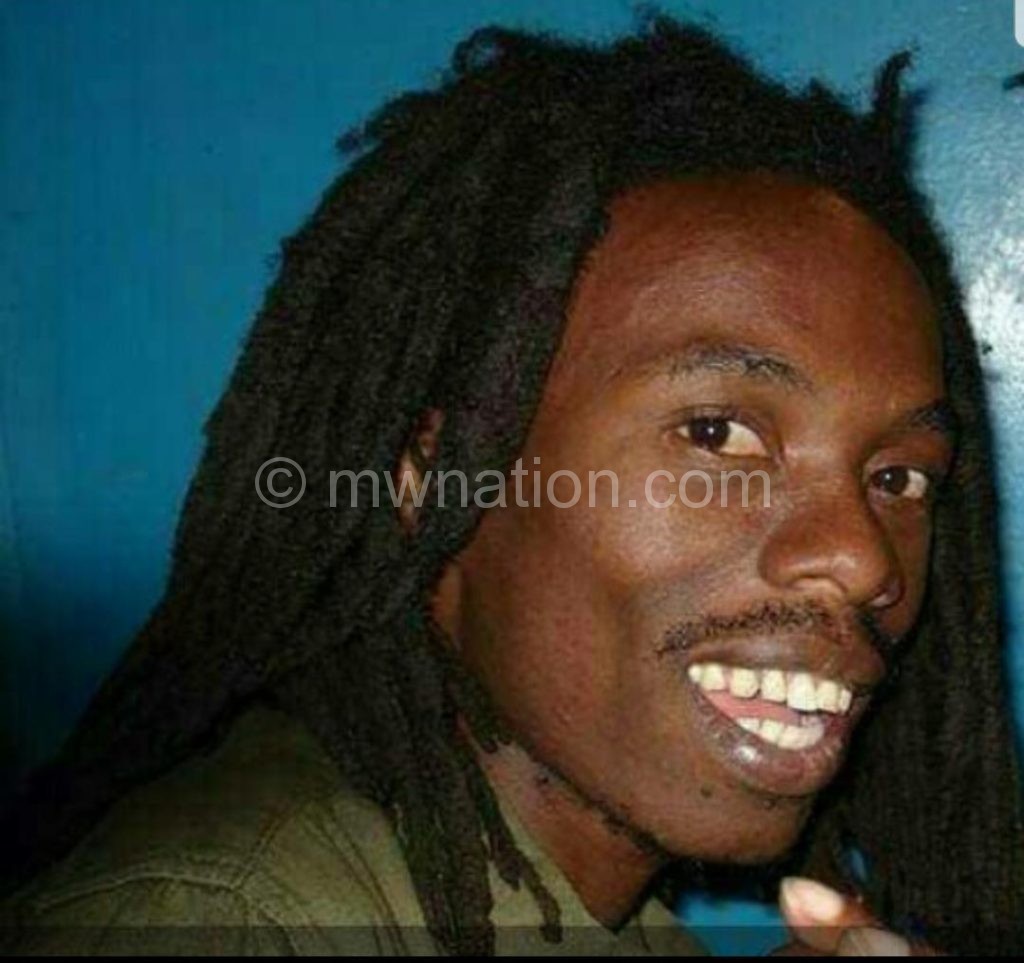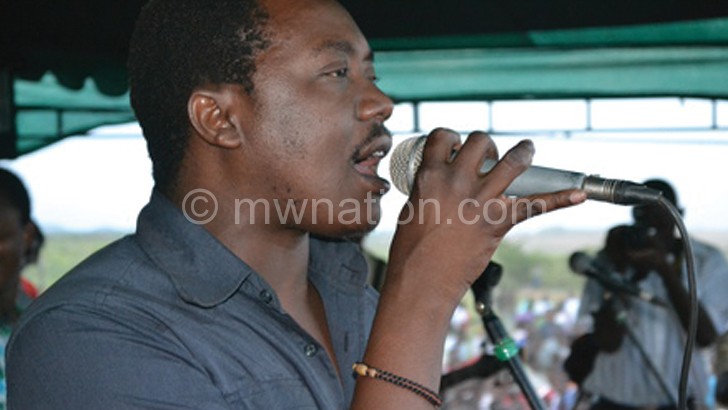Remembering Musamude
In 2001, one of the country’s emerging reggae outfits, Black Missionaries, appeared to be facing a bleak future. The founder, main composer and lead vocalist of the group, Evison Matafale had died.
Hopes of carrying on with the mission Matafale had started on an impressive footing appeared to hang in the balance. Some already started composing eulogies of what they thought would be a ‘what-may-have-been- mission’.


Many doubted if within the nest another talent could be hatched to come close to the standards that Matafale had set during his brief sojourn on the Malawi music terrain. Here was a figure that was admired by many but only few dared to imitate.
But in those rumbling doubts and moments of despair among all and sundry, another star rose. Perhaps propelled by desire not to see the mission die in its infancy and to avoid disappointing the spirit of his late cousin.
Musamude Fumulani stood up to the challenge.
No one had an idea that under the very same Chileka fold there was another gem that was only biding its time to show the world its sterner stuff. Though the opportunity presented itself in no pleasant manner.

He may not have been happy with the passing of the leader figure that was in Matafale, but when he took over the mantle as the band’s leader, chief composer and vocalist, everybody appreciated that he was not just in the role to fill the gap but music was his gift too.
I am the real revolutionary/ I live from the tribe of Judah/Knowing, learning and gathering/ for myself/I know it won’t be long before changes got to come/ for too long children of Israel have been suffering/too much weeping and wearing/ and too much trouble…
He sang in the song Never Get Weary, from Kuimba 4. Here was another firm believer in the Rastafari levity, just like Matafale. He almost matched his conviction and followed keenly the teachings of Rastafari as can be testified by most of his compositions.
He did not only bear the reflection of his cousin in his realm alone. But his vocal ability and his compositions as well, especially on English songs was almost faultless. He was the befitting successor.
He announced his arrival with a dedication to his fallen cousin, Police Hunt Matafale in Kuimba 3. The song centred on the circumstances that surrounded the victimisation that the reggae star suffered that eventually led to his unexplained death.
I and I trodding from Chiwembe/Going down Chileka/Suddenly I hear the voice of a bretheren there is a roadblock/ Police hunt Matafale but I am not afraid/because I know I am an innocent man’. The song became a fitting tribute to the man who laid their path into music.
The man who was born on June 12 in 1980 oversaw The Blacks’ reign from 2005 to 2008. During his stewardship the band released Kuimba 3, 4, 5 and 6 albums. Which contains some of their impressive compositions to date.
On September 17, it clocked exactly 11 years since the passing on of Musamude. And he is a figure that is still fondly missed by his brothers both as a musician and as a person.
“We miss his inborn love, his wisdom, his constant advice both as a fellow artist and as a brother. He was a very friendly and hardworking person. He was a true friend who was always there when you needed him,” says current band leader Anjiru Fumulani, his younger brother.
Though perhaps the day of his passing went silently, but the family reserved November 27 when they celebrate the life of Musamude together with his other departed cousins Matafale and Gift Fumulani.
Anjiru says: “They will always be with us. The gift of music which they shared with us during their time on earth is here with us still. The light they provided is still guiding our way. Just like each year, we will do a memorial show for them again in November.”
Longtime media personality Jack McBrams Chirwa shares his thoughts of what he made of the reggae star: “I was first introduced to Musamude by Evison Matafale in 2001 after he had left Wailing Brothers and mulling on setting up another band (Black Missionaries Band).
“He invited me to Singano Village in Chileka to check out these young set of sibling musicians—Musamude, Anjiru and the young Chizondi Fumulani playing on a barely functioning keyboard that had half its keys missing.”
Chirwa recollects his humble and unassuming nature which he could only detach himself from when you heard him sing.
“I watched them practice their version of ‘kunju reggae’ in the famed Likhubula Hall that their late father Robert Fumulani had built and performed in a decade or so back. Musamude was on the lead vocals in the band whose name I cannot pretty well recall. They called him ‘Shabba’.
“His hoarse-voiced rendition of his father’s hits brought the music alive in a different time and age. When he was on stage, Musamude was a monster, oblivious of the trappings of that realm. Off it, he was unassertive and soft-spoken. Likable and feeble,” he says.
Eleven years may have passed since he passed on, but his music is still so much alive and reggae music is still flying high just as he sung in Kuimba 3. ‘Sometimes I feel like praying for the dead/who have not yet gone down…





